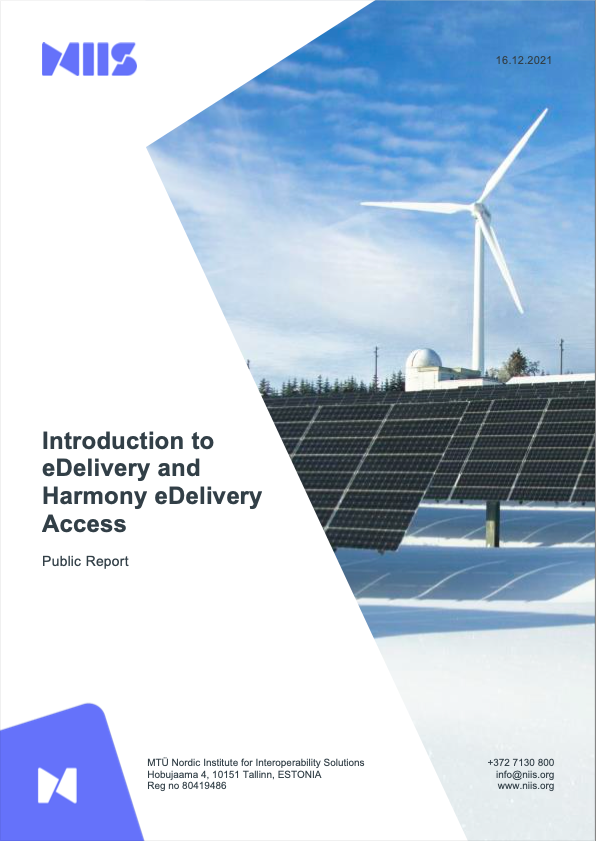The X-Road Sustainability Improvement Study 2 investigates the following themes:
X-Road technical sustainability.
Environmental sustainability of X-Road ecosystems.
Sustainability by X-Road through SDGs.
The X-Road Sustainability Improvement Study investigates the following themes—focusing on the environmental sustainability:
X-Road software development process environmental impacts evaluation and improvement opportunities discovery.
X-Road environmental handprint evaluation.
X-Road carbon footprint measurement in actual operative environments comparing to the X-Road Emissions Calculator estimations.
Trust is the basic concept around which business and information security is formed. Like most systems, currently, X-Road uses a centralised root of trust to manage identities. The report presents the results of the research on migrating X-Road towards self-sovereign identity (SSI) management.
The report compares the centralised and decentralised identity management approaches to illustrate how systems should be changed to enable SSI. Additionally, the report discusses how the shift to the decentralised public key infrastructure can contribute to the X-Road trust model and member management.
The delivery of cross-border digital public services largely depends on the ability of public administrations and businesses to transfer data across borders. Therefore, access to trusted, interoperable, and secure data-exchange solutions is essential for delivering cross-border services but is also crucial for establishing the Single Digital Gateway (SDG) and building a functioning European Digital Single Market (DSM). So far, the landscape of European cross-border data-exchange initiatives is unclear, especially regarding different solutions, roles, specifications, and technological differences between them.
The purpose of this report is to review the status of implementation and adoption of European cross-border data-exchange solutions and initiatives. Also, the report discusses the future outlook of European cross-border digital public services.
eDelivery Digital Service Infrastructure (DSI) is one of the building blocks of the European Commission (EC) Connecting Europe Facility (CEF) that enables the exchange of data between networked organisations in an interoperable, reliable and secure manner. Harmony eDelivery Access by the Nordic Institute for Interoperability Solutions provides a free, productised and actively maintained open-source solution for joining eDelivery networks.
The purpose of this report is to give an introduction to the eDelivery building block and the role of eDelivery in Europe. Also, the report gives a broad understanding of Harmony eDelivery Access.
Nordic Institute for Interoperability Solutions (NIIS) has set a long-term goal to make X-Road the most sustainable data exchange solution in the world. The short-term goal is to focus on the direct and tangible environmental impacts of the X- Road software. X-Road is an open-source software and ecosystem solution that provides unified and secure data exchange between X-Road members.
The purpose of this research is to assess the current emissions profile across X-Road’s operations and services to give targeted recommendations for emissions reduction and sustainable business practices that may be integrated into future decision making.















